 Dolores (2017)
Directed by Peter Bratt
Rated NR
Reviewed by James Rosario on October 12, 2017
Dolores (2017)
Directed by Peter Bratt
Rated NR
Reviewed by James Rosario on October 12, 2017
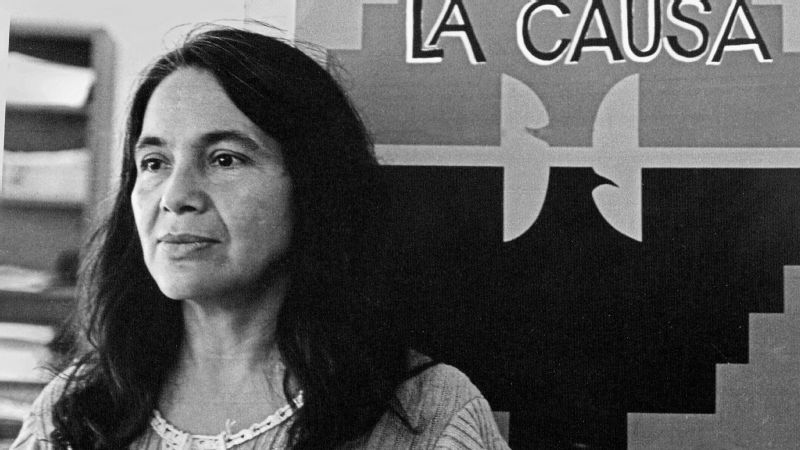
Labor struggles have always been a bit of a fascination of mine. They often serve as a paradox to the so-called “American Dream,” which states that if you work hard, you can have anything you want. Your labors will be rewarded and your family will be prosperous. The labor movement stands in stark contrast to this simply by the nature of its existence. The necessity of unions negates the validity of the American Dream, because without them, workers would have nothing. In the real world, your hard work rarely rewards you or your family. That payout goes only to the owners, and the owners don’t give a shit about you. If the American Dream truly existed, people like Dolores Huerta wouldn’t have had to spend her life fighting for people who were promised it, and deliberately excluded from it, based on their race.
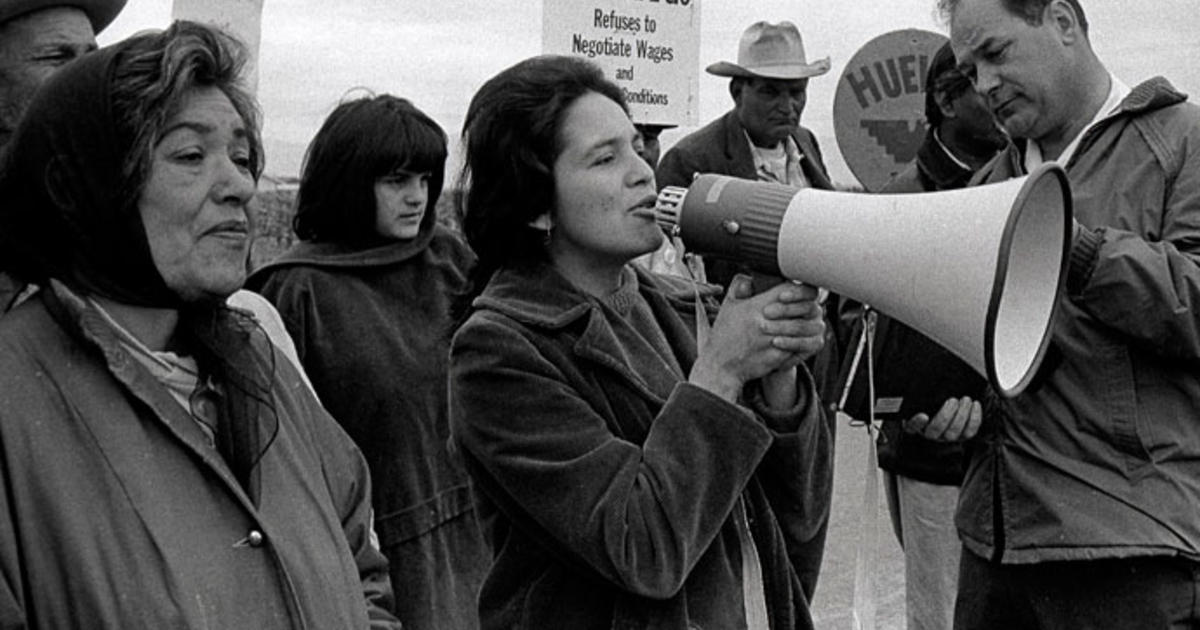
But there’s another exclusion happening in Peter Bratt’s wonderful and enlightening documentary,
Dolores. This one involves the subject herself. Even though in junior high and high school I learned about her contemporary and UFW (United Farm Workers) co-founder, Cesar Chavez, I had never heard of Dolores Huerta before watching this film. I’m somewhat ashamed to admit that, but writing her out of her rightful place in history was a calculated move on the part of the typically sexist and racist textbook companies and local governments.
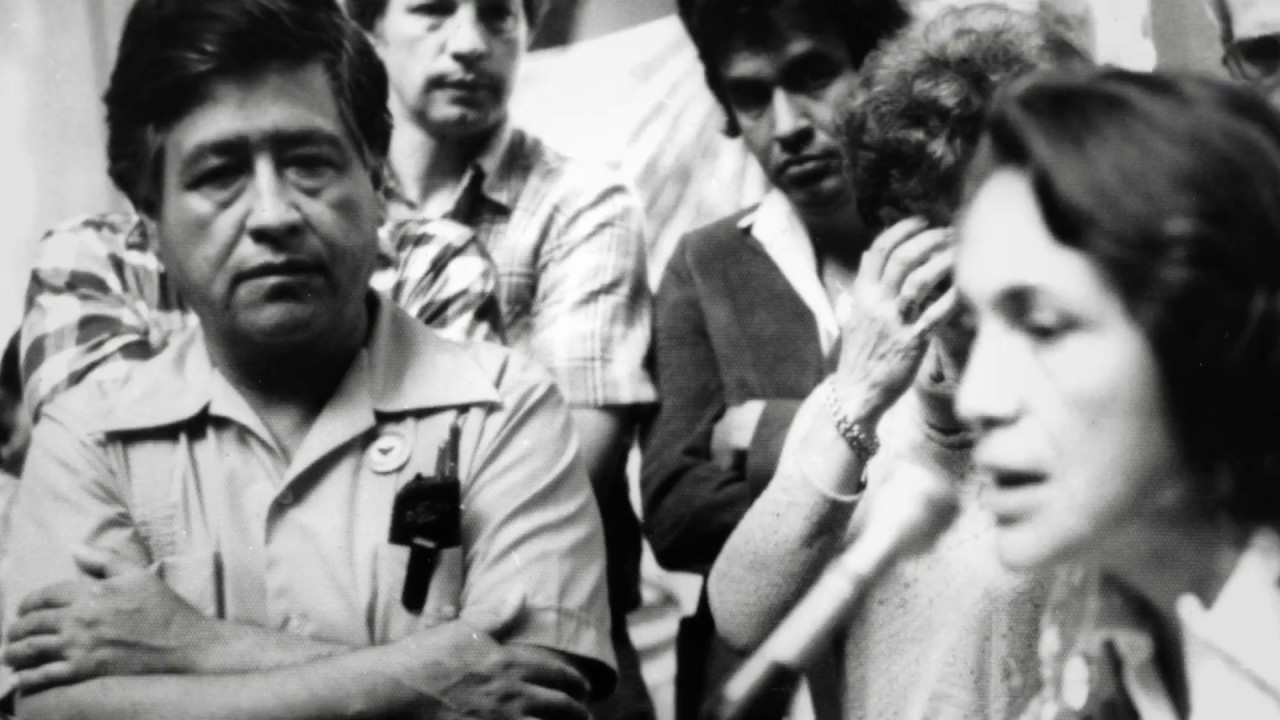
I am officially making a proclamation and a plea: We need more films like this. We need more films that showcase the achievements of women and people of color throughout history. The older I get, the more I realize that my education was whitewashed and mansplained, and that needs to stop.
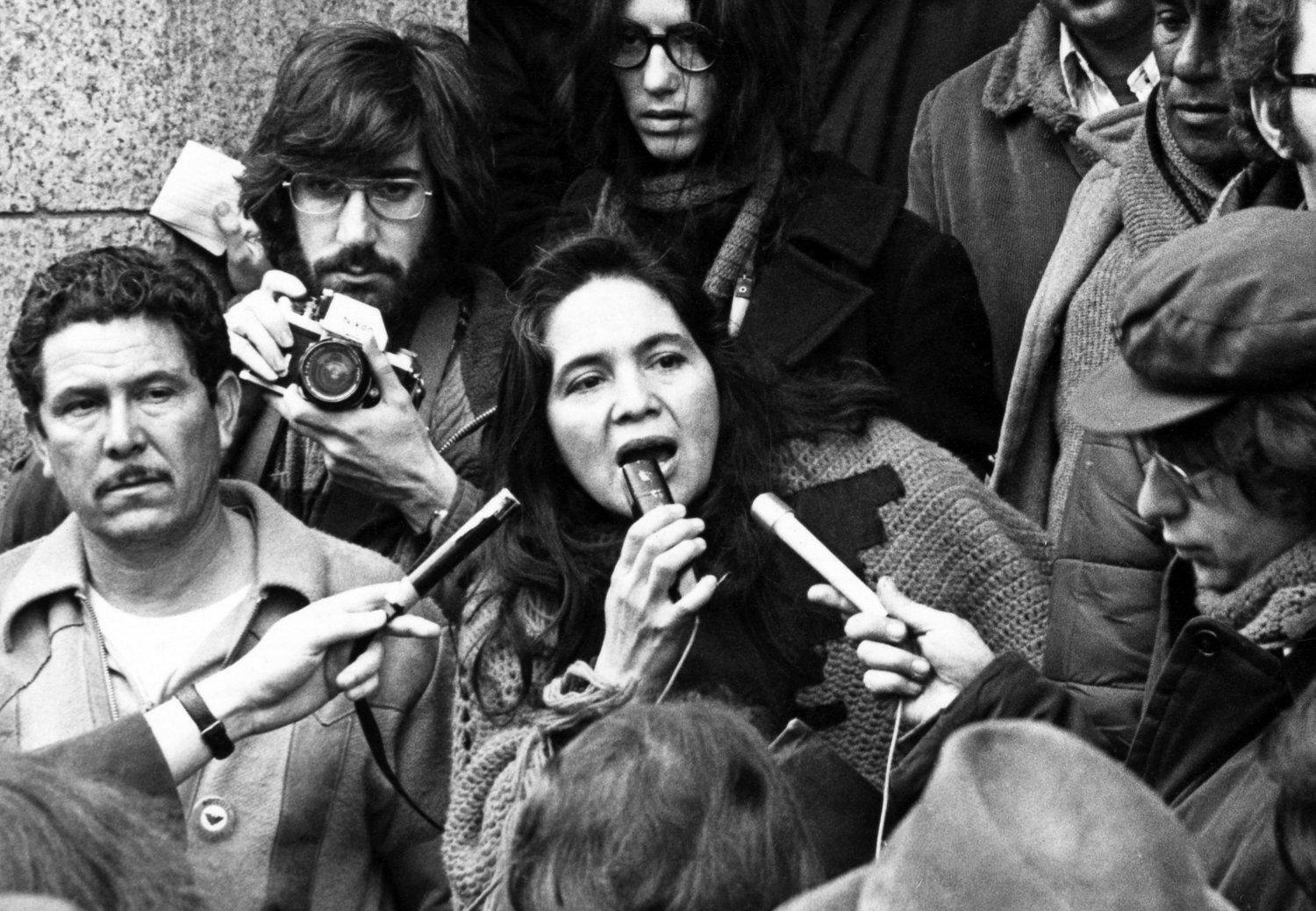
Told more or less chronologically,
Dolores takes us on a journey through the life of a truly amazing woman. The film’s footage of police violence against striking workers can be difficult to watch, but its power is unmistakable. All the while, Dolores Huerta, megaphone or sign in hand, stays strong in the face of the man. She refuses to back down, ever. She’s inspirational, to say the least.
But the film doesn’t worship her. It’s a “warts and all” telling. She comes out looking amazing simply because she is amazing, but the scenes of her children explaining the difficulties of having an absent mother are emotional and honest. The sacrifices Huerta made took their toll, even if her 11 children understand those sacrifices better now as adults.
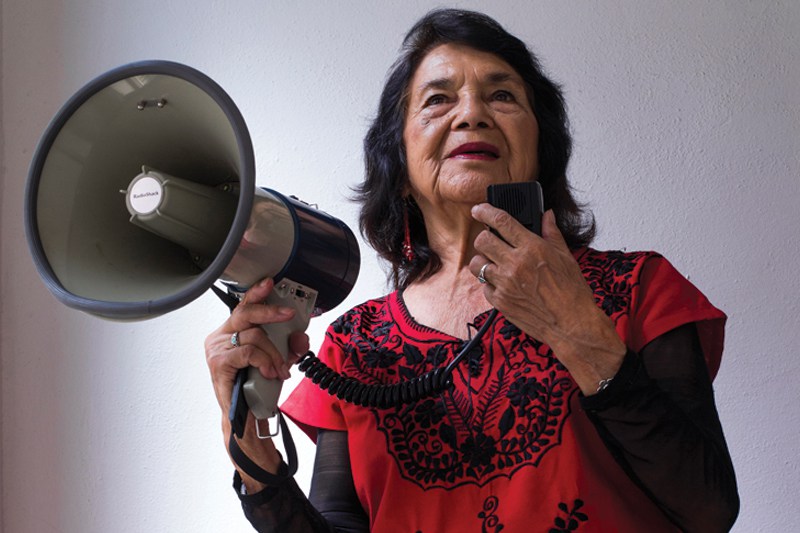
What sets
Dolores apart from other documentaries that cover similar ground is the inclusion of the idea of intersectionality. Huerta is more than a union leader and activist, she’s also a feminist existing within a male dominated social structure—one that extends to the very union she helped found. Intersectionality really, really scares the status quo. The idea that People of Color
and women could unite against them is a terrifying thought. With this knowledge, it’s easy to see why those in power might want to leave this uppity Mexican woman out of the history books. Fear is a great motivator.
There’s so much to learn from this film, and from the woman herself. That one woman could accomplish so much, from fighting police brutality, to organizing for safe working conditions, to environmental justice, to feminism and beyond is remarkable. Dolores Huerta is truly one of a kind, but what a better world we could have if she wasn’t? I think this film, and others like it, are important steps in creating the Dolores Huertas of the future. And we need them.
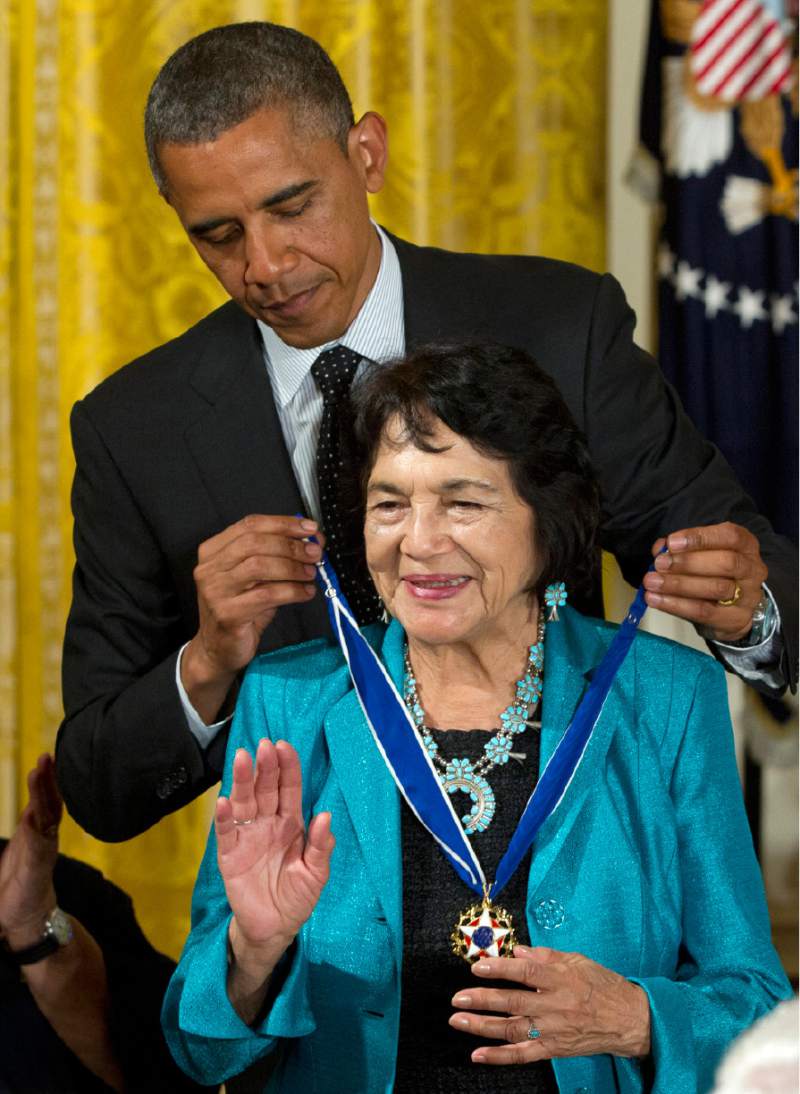
At the age of 87, she’s barely slowed down. It’s very humbling to see a woman still fighting the good fight for so many people after so many years. She’s been beaten by police, mocked in the press, and written out of history, but you won’t ever be able to silence her. I'm very glad I finally got to know her.
Dolores is now playing at
GRAIL MOVIEHOUSE.
For more film reviews, plus record reviews, podcasts, and more, please visit
THE DIALY ORCA.